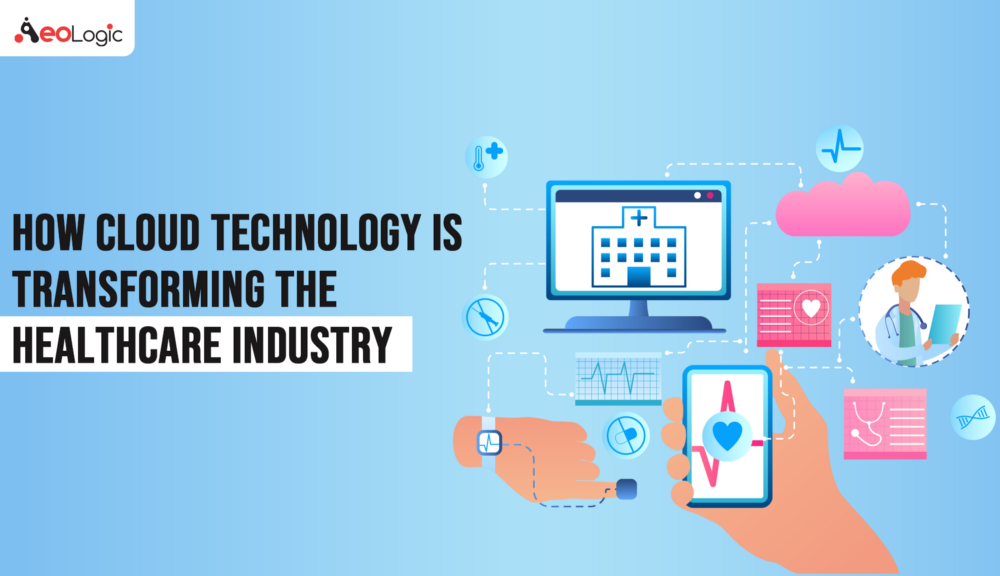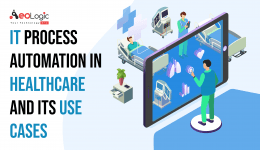The healthcare industry, with the largest number of legacy systems combined with the amount of highly sensitive and personal information, becomes one of the most challenging ones to transform. Many governments all over the world, face numerous issues in their quest for digitizing healthcare services. Whereas, the entire healthcare system, as a whole, faces a lot of unprecedented bumps, thanks to a reduction in resources — both when it comes to staff and finance.
All these challenges faced by the healthcare industry can be visualized in a better way when we consider the process of version control when it comes to managing millions of electronic patient records, integration of social and healthcare information, and developing the infrastructure to connect the countless trusts, hospitals, surgeries, and clinics.
This is where comes the power of the cloud. Cloud computing has completely changed the way doctors, nurses, clinics, and hospitals deliver quality, cost-effective services to their patients.
There are many different ways in which cloud technology is changing the healthcare industry and in this article, we’re gonna take a look at some of the most interesting ways. Let’s start.
The Significant Benefits of moving to the Cloud
Better Patient Care
Cloud Computing facilitates efficient patient care as it solely acts as the single access point for all the healthcare records. The cloud, being a centralized and virtual data space, allows multiple systems to access the unique record at the same time. With the use of notifications and automated reminders, patient care is no more an uphill task.
Integration and Scalability
The integrations like cloud to cloud, cloud to on-premise, or a combination of both the integrations, are some diverse integrations which the cloud infrastructure allows. Besides that, the cloud infrastructure also permits data and application integration without a drop in efficiency in operations.
Cost-Efficient & Improved ROI
One feature of the cloud system which is the most appreciated is its cost-efficiency. Cloud obviously decreases the data storage costs as the infrastructure excludes any need for hardware or external storage systems. Moreover, cloud computing provides complete power on the ownership of the cost as it works on a subscription or on-demand model.
Flexible and Adaptive
Cloud computing, unlike other self-hosting solutions, offers the flexibility to alter the workflows as and when required. Based on the evolving needs of the healthcare systems, the cloud can scale up or down without disrupting efficiency.
Advanced-Data Analytics
Most of the industries and enterprises all across the globe rely on data analytics to enhance their strategies and to improve ROI.
Final Words
Cloud computing still has a long way to go in the healthcare sector. But with so many benefits like an increase in resource availability, boost in interoperability while also lowering the costs, there is no reason to not take the cloud way.
The healthcare industry has already begun to adopt healthcare cloud computing and rightfully so, it’s high time to leverage cloud technology and attune to the changing IT infrastructure. A big ratio of Healthcare IT managers has already started migrating their healthcare systems to the cloud.






